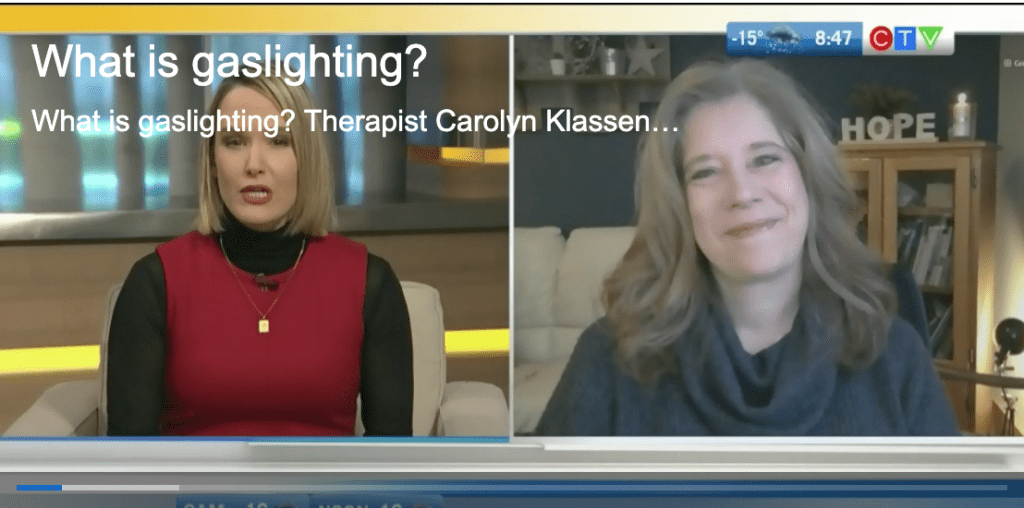I was driving downtown today and saw huge billows of smoke rising over one end of downtown. Couldn’t miss it. Very clear. I turned on the radio and joined in people as together we noted the startling plumes rising into the sky. People saying, “Did you see it?” to me when I arrived at my destination.
Together, we explored our shared memories of this startling experience. There is this thing about us humans that when something significant happens, we want to ask: “Did you see it too?”
It seems important to us humans, somehow, to collectively process memories.
Part of what makes this important is to confirm our own experience. To affirm that we saw and heard something that somebody else saw and heard.
We humans know we don’t always get it right. We like to check with others to make sure we saw what we saw, and heard what we heard. Even when we know what we saw and heard, we still like to confirm me.
Can you imagine then, what it would be like to check with another about something you saw, heard and experienced and they said, “Nope. It wasn’t like that at all. That fire didn’t happen. It just didn’t. Lots of smoke, but nothing to see. You’re off.”
If that person was a person of influence in your life–a mentor, partner, boss, parent, or even an influential politician–were to say it convincingly, you’d start to question yourself:
- Did I miss something?
- Why do I see something different?
- What’s wrong with me?
- and even…If I’m wrong about this, what else do I see and hear that others don’t?
Now…a fire is pretty obvious.
But, what if, instead of a fire:
- He says he’ll be there at 7:00 pm, and when he shows up at 9, he says you heard wrong?
- She screams and berates you for a misunderstanding and then a day later has a pleasant conversation like nothing is wrong–and when you bring up the screaming, she says she doesn’t know what you are talking about?
- You plan together not to make any major purchases. He brings home a new car, and says the conversation never happened.
- She promises that she won’t drink at the party. She drinks at the party, gets drunk and falls asleep. The next day, when you are upset at the broken promise, she says she didn’t promise to not drink “at all”–she just wouldn’t get loud and boisterous drunk. Further, now she says that you are ruining a perfectly good evening by being upset.
This. is. gaslighting.

I spent some time on CTV Morning Live in Winnipeg recently speaking about gaslighting:
Gaslighting is a problem–not only because it breaks connection with others. Even more importantly, it encourages you to break connection with yourself.
When someone tells you that your intuition is wrong, especially if they are in a position of authority or influence, you start to question your own judgement.
Gaslighting is crazy making. Pure and simple
Lines that suggest gaslighting:
- You’re too sensitive. You’re overreacting.
- You’re making a big deal out of nothing
- I was only joking.
- That’s not what happened. You’re imagining things.
- If anything I should be mad at you!
- Let’s keep this just between us. I don’t want you talking about this with other people.
Those lines are tricky because none of us get it right all the time. Sometimes, I do make a big deal out of something, and feedback from others is helpful. But sometimes, I am upset because something made me upset–a normal reaction by a normal person to an abnormal situation.
What does this have to do with connection?
Glad you asked!
Gaslighting is psychological abuse. It’s nasty. It can be done in ways that have people question their sanity, stay in marriages where their bones are getting broken, and be terrified to leave.
But it’s often a lot more subtle than that. Less sinister. More nuanced. Sneaky and still damaging to a person and their relationships.
Simple basic stuff:
- how you remembered that argument is less important to talk about than my memory of the argument
- the only valid memory of our decision is mine
- something like: “I’m going to try to talk you out of how hurt you are by telling you that I didn’t mean it.”
- even well intentioned conversation like: “I’m sure the other person didn’t mean anything by it. Lighten up and forget about it–let’s not let it ruin our evening”
The best relationships allow people to feel their feelings and discuss their own perspectives. The relationship will be different when different perspectives are valued rather than dismissed. When a person’s response and experience is seen/heard/valued trust increases in the relationship.
Trying to talk someone out of their experience of how you may have hurt them doesn’t build the relationship; it erodes it. Paradoxical but true.
Look at your own style of relating: do you, even in subtle ways, try to talk people out of their experience?